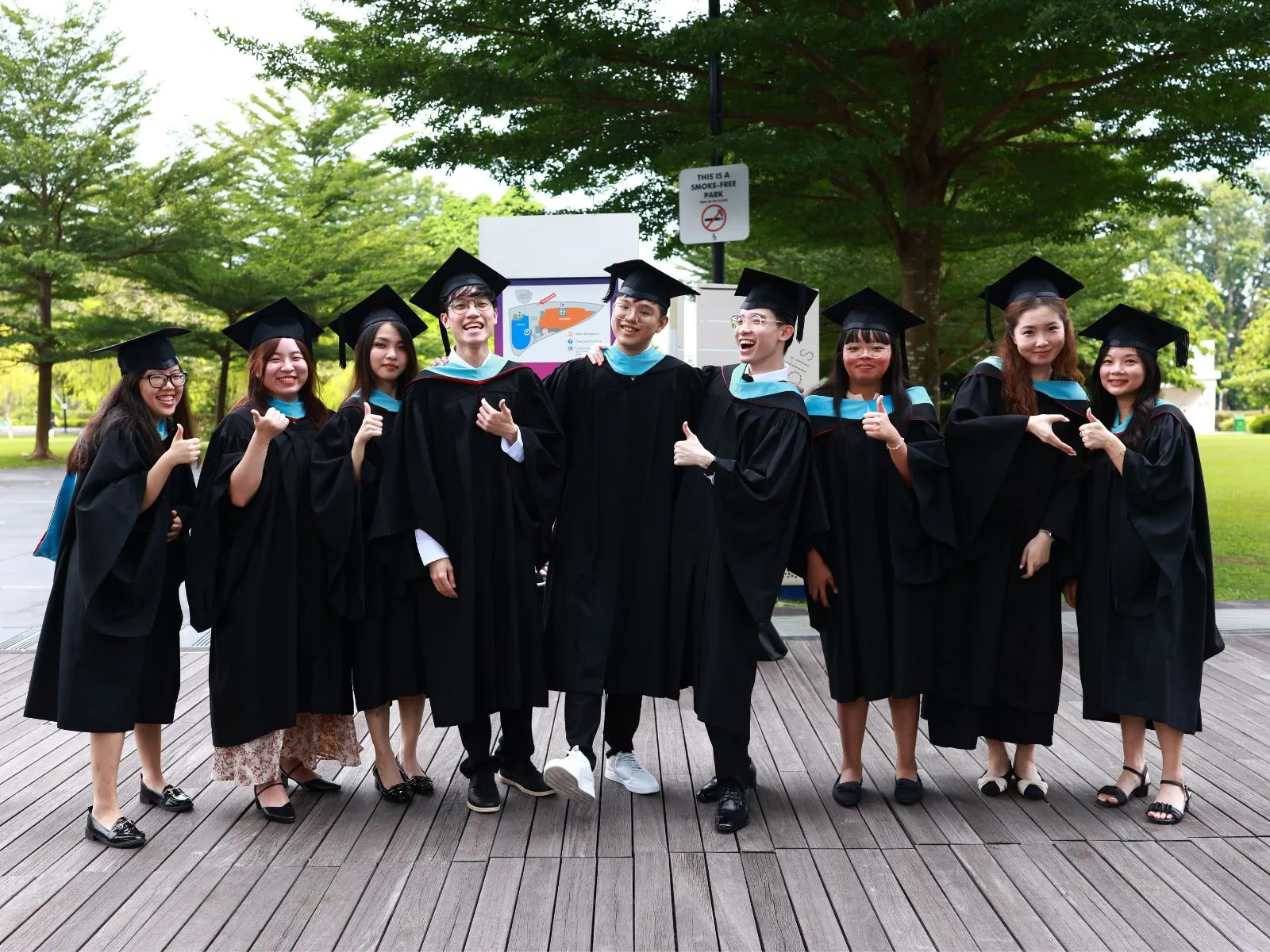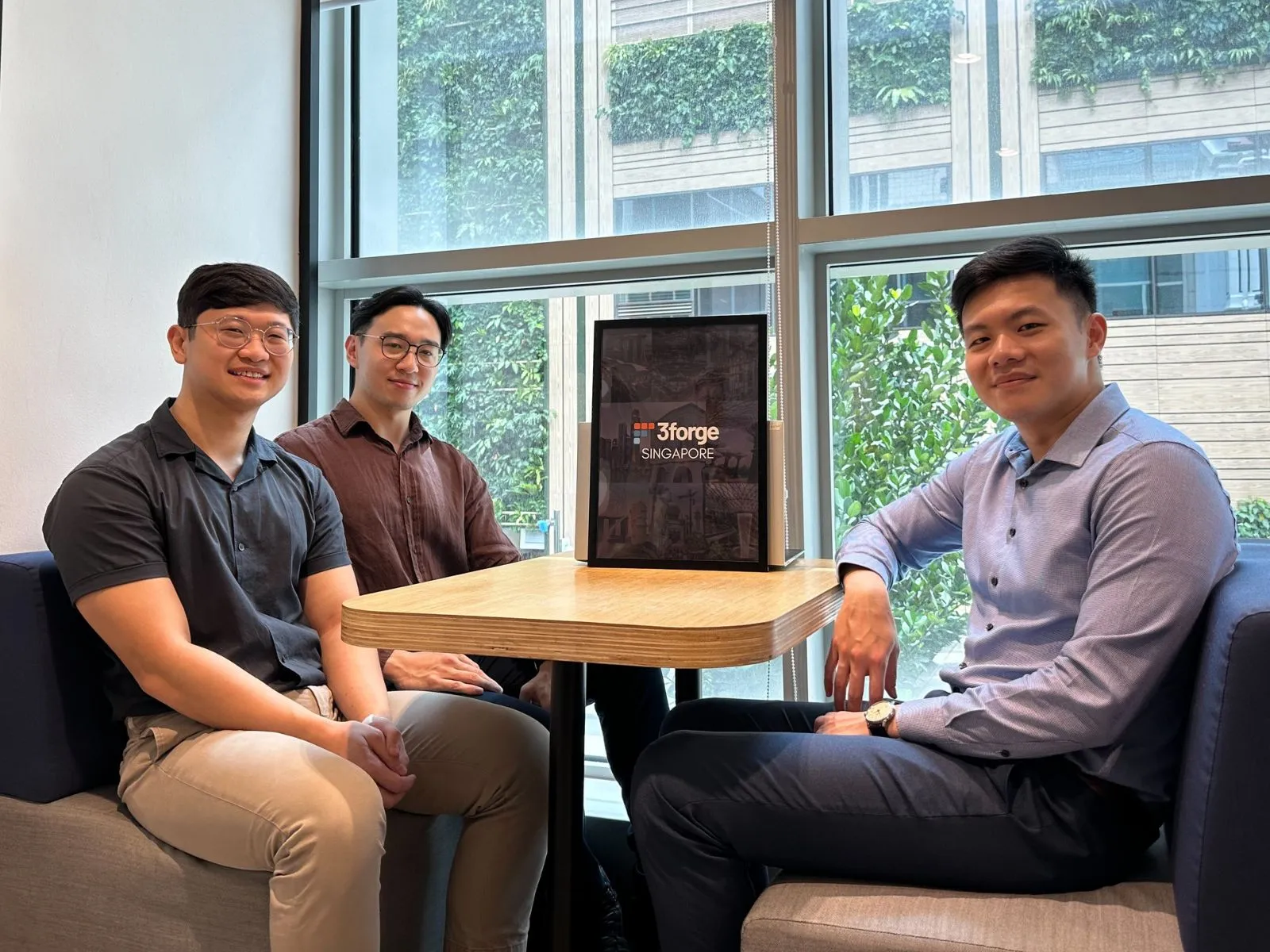The Bachelor of Science in Computer Science in Real-Time Interactive Simulation degree program prepares you to build and optimize technology that caters to local industries’ ever-growing needs for engineers with deep software development skills. You will learn to create complex software systems that push the limits of what computers can achieve — from graphical algorithms to level editors to physics engines.
Through an in-depth study of mathematics, physics, and computer science — combined with real-world projects where you design and program your own full software engineering projects from start to finish — this program transforms you into an efficient software developer, able to understand, communicate, and solve problems at every stage of the development process.
Developers from all over the world have made their marks on the software engineering, enterprise technology, and video game industries after earning a BS in Computer Science in Real-Time Interactive Simulation degree from DigiPen. Will you join them?
Who Should Pursue This Degree?
If you want to develop software technology that makes complex real-time simulations and interactive worlds possible, the BS in Computer Science in Real-Time Interactive Simulation program can help get you there. This rigorous degree program aims to produce graduates who are exceptionally competent in the fields of software development, real-time simulations, digital media, and game development. Students have landed positions working on commercial software, enterprise technology, and AAA video games right out of DigiPen (Singapore) as skilled programmers, producers, and more. While the program is specifically focused on the computer science skills and graphics technologies used to create cutting-edge 3D simulations and games, as a graduate of the program, you will have the skills and experience necessary to develop all manner of software applications.
As a student in this program, you will:
Academic Roadmap
As a student in this program, you will split your time between courses in mathematics, physics, and computer science and team-based project classes that will allow you to collaborate with students from other disciplines. Each course will build on your foundational knowledge, while the project coursework will give you the opportunity to apply your education in a setting that emulates the professional studio environment.
Study Trip — Overseas Immersion Programme
The Overseas Immersion Programme (OIP) is mandatory for students in the BS in Computer Science in Real-Time Interactive Simulation program. Students will study for one trimester at DigiPen Institute of Technology’s U.S. campus in Redmond, Washington, or the Europe-Bilbao campus in Spain. Students will attend lectures, labs, and industry seminars. They will also interact with American or European professors and mentors while experiencing life in a different culture with their overseas peers.
Integrated Work Study Programme
The Integrated Work Study Programme (IWSP) is an uninterrupted, eight-month duration (two trimesters) work placement program that will provide students with unique learning opportunities to achieve the following objectives: (1) applied learning — integration of theory and practice, acquisition of specialist knowledge, and development of professional skills; (2) exposure to real-world conditions — appreciation of real-world constraints in respective industry contexts to develop skills of adaptability, creativity, and innovation; and (3) smooth transition to jobs — practical experience which shortens the work-induction period.
BS in Computer Science in Real-Time Interactive Simulation students will undergo their IWSP during Year Four of their studies.
Admissions Requirements
In order to apply for the BS in Computer Science in Real-Time Interactive Simulation program, you should have a strong foundation in math, science, and problem-solving. You’ll need to have completed precalculus (or its equivalent) prior to attending DigiPen (Singapore). Additional coursework in computer science and physics is recommended but not required.
Topics Covered
Students in the BS in Computer Science in Real-Time Interactive Simulation program will learn how to:






